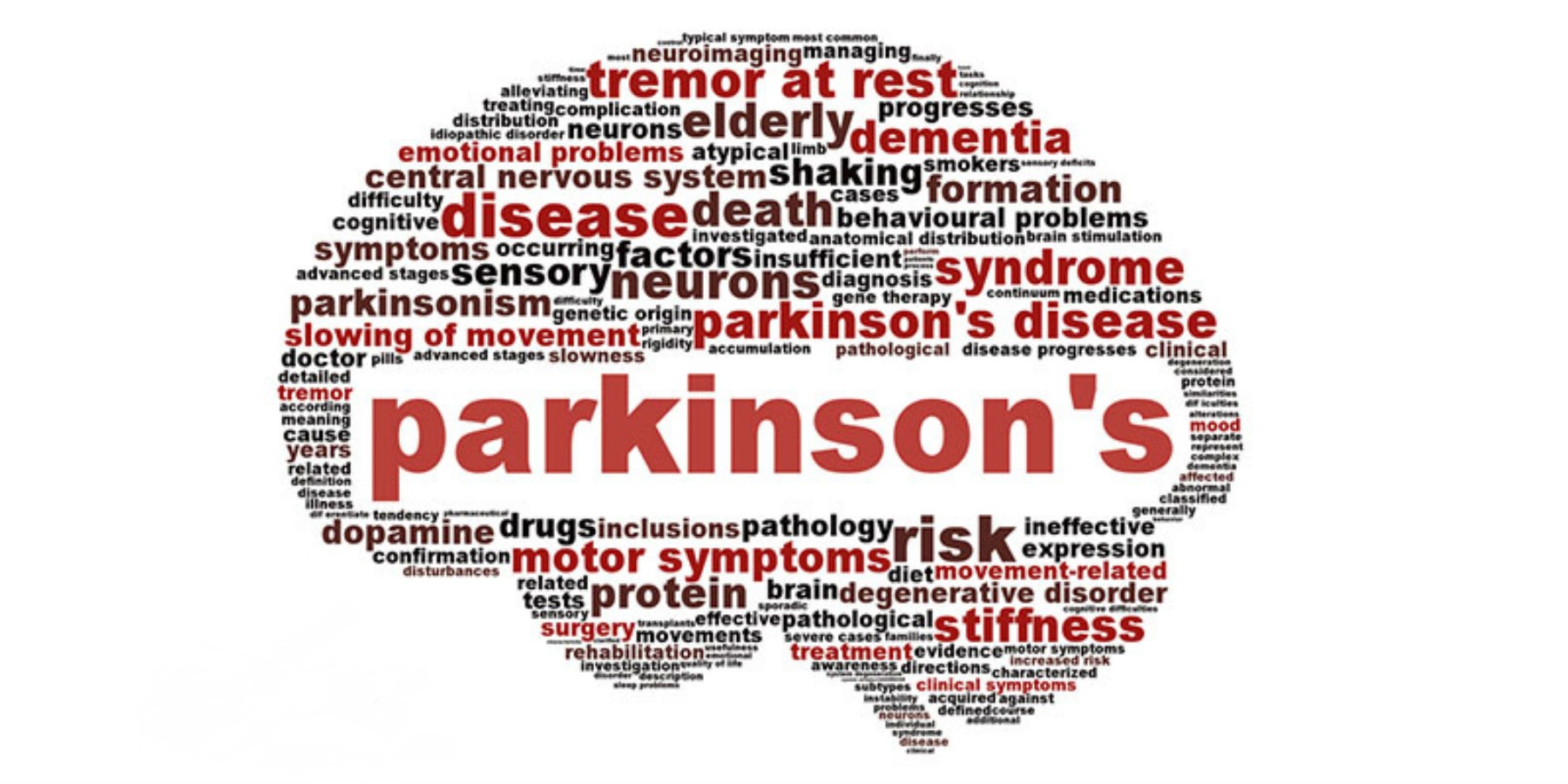A cardiologist is a heart doctor. They specialize in heart failure treatment conditions and diseases as well as helping patients manage their heart conditions as much as possible. A cardiologist will treat any symptoms of heart conditions that you have and diagnose any possible conditions.
[tmh_article_ads]
What Does a Cardiologist Do?
Your cardiologist, or heart doctor, helps prevent heart disease through screenings and check-ups. They treat symptoms of heart conditions or heart diseases. These diseases can include:
- Heart attacks, when blood flow to your heart is blocked;
- Heart rhythms (or arrhythmias), when your heart beats too fast, too slow, or irregularly; and
- Heart disease (or coronary artery disease), when blood vessels that bring nutrients to your heart are blocked;
- Heart failure, when your heart can’t pump blood properly;
- Valve problems, when your heart doesn’t open or close properly.
If the severity of your threat issues appears to put you at significant risk of heart attack or stroke, or if the lifestyle modifications you are trying and the medications you have been taking to control your risk factors are not successful, then your primary care physician may refer you to a cardiologist. A cardiologist is a doctor who has completed 4 years of medical school, 3 years of training in internal medicine and up to 3 or 4 additional years of education and experience concentrated specifically on treating the heart, veins, and arteries.
After your family care doctor refers you to a cardiologist, he or she will continue to be a key player on your cardiovascular care team and will organize your care across many specialties and hospitals and aid you manage your situation over the long term. Your primary care doctor and your cardiologist should communicate with each other about —
- Your general condition,
- Outcomes of treatments,
- Results of your diagnostic tests,
- Any changes in your health status.
Your care doctor or cardiologist may refer you to cardiologists with extra education and training in a subspecialty. For instance —
- Interventional cardiologists specialize in procedures such as angioplasty and stenting.
- Electrophysiologists specialize in the heart’s electrical system and irregular heartbeats
- Cardiovascular surgeons perform bypass procedures
- Imaging specialists use images of the patient’s heart to diagnose problems
- Preventive cardiologists work on preventing future problems
Congenital /pediatric cardiologists specialize in heart conditions in children and in heart defects that were present when the patient was born.
While you are under the care of your cardiology team, you may work with other health professionals, including the following:
- Physician assistants and nurse practitioners
- A smoking cessation team
- Dieticians
- Diabetes educators
- What to Expect from a Visit to a Cardiologist
When you go to a cardiologist for the first time, as with any physician, there are things you can do to prepare in advance.
- Gather all the recent test results and a list of medications you are taking.
- Bring together a personal health history and health history of your family.
- Write down notes about the symptoms you have been experiencing previously.
- Make a list of questions you want to question your doctor.
To learn more about your disorder, your cardiologist may refer you for a number of non-disturbing diagnostic tests. Non-invasive refers to tests that do not need the insertion of diagnostic tubes directly into the heart or arteries. Here are some of the examples of tests your cardiologist may demand of:
- Nuclear stress test
- Stress (or treadmill) test
- Computed tomography (CT) scan
- Echocardiogram
- Positron emission tomography (PET) scan or cardiac magnetic resonance angiography (MRA) scan.




Share your thoughts